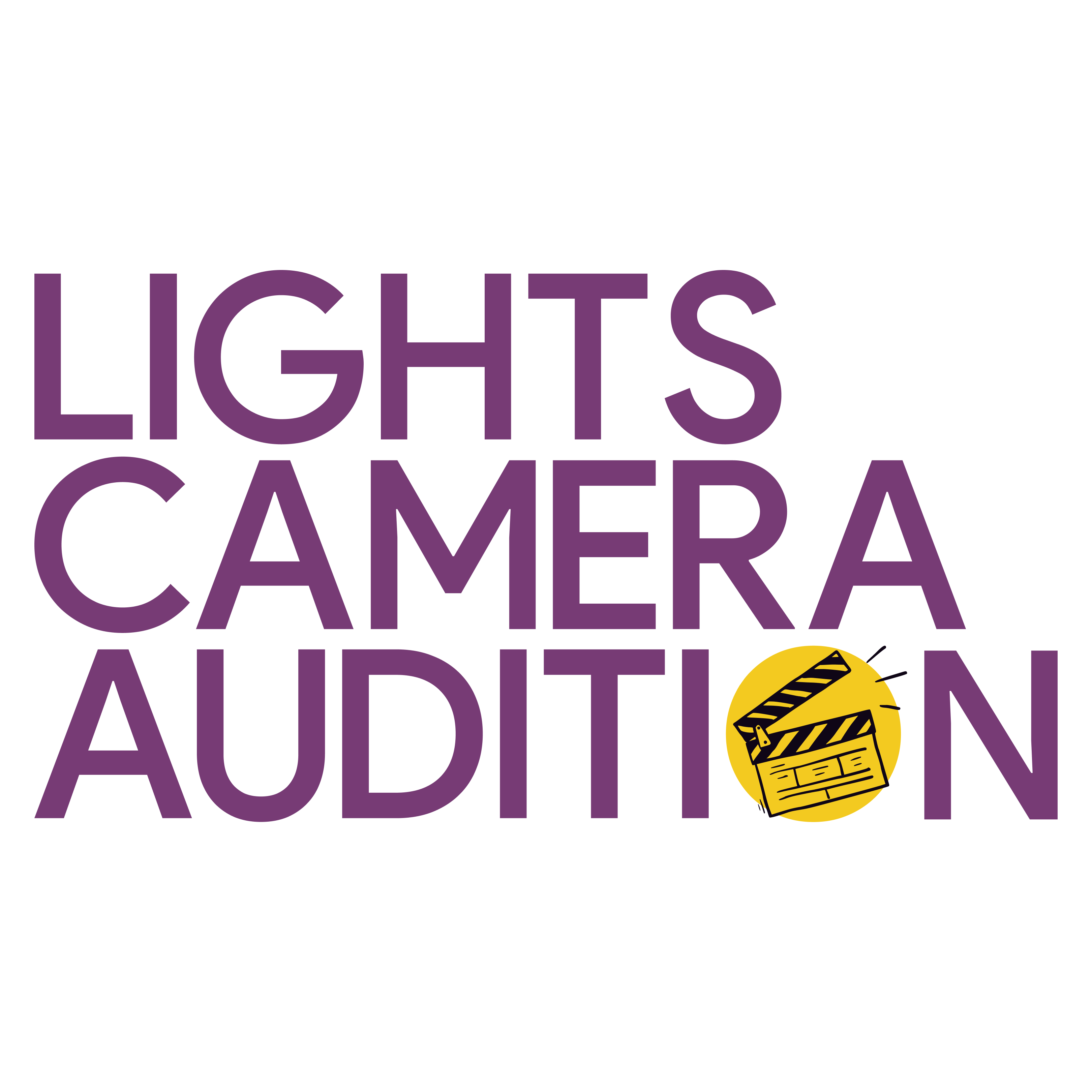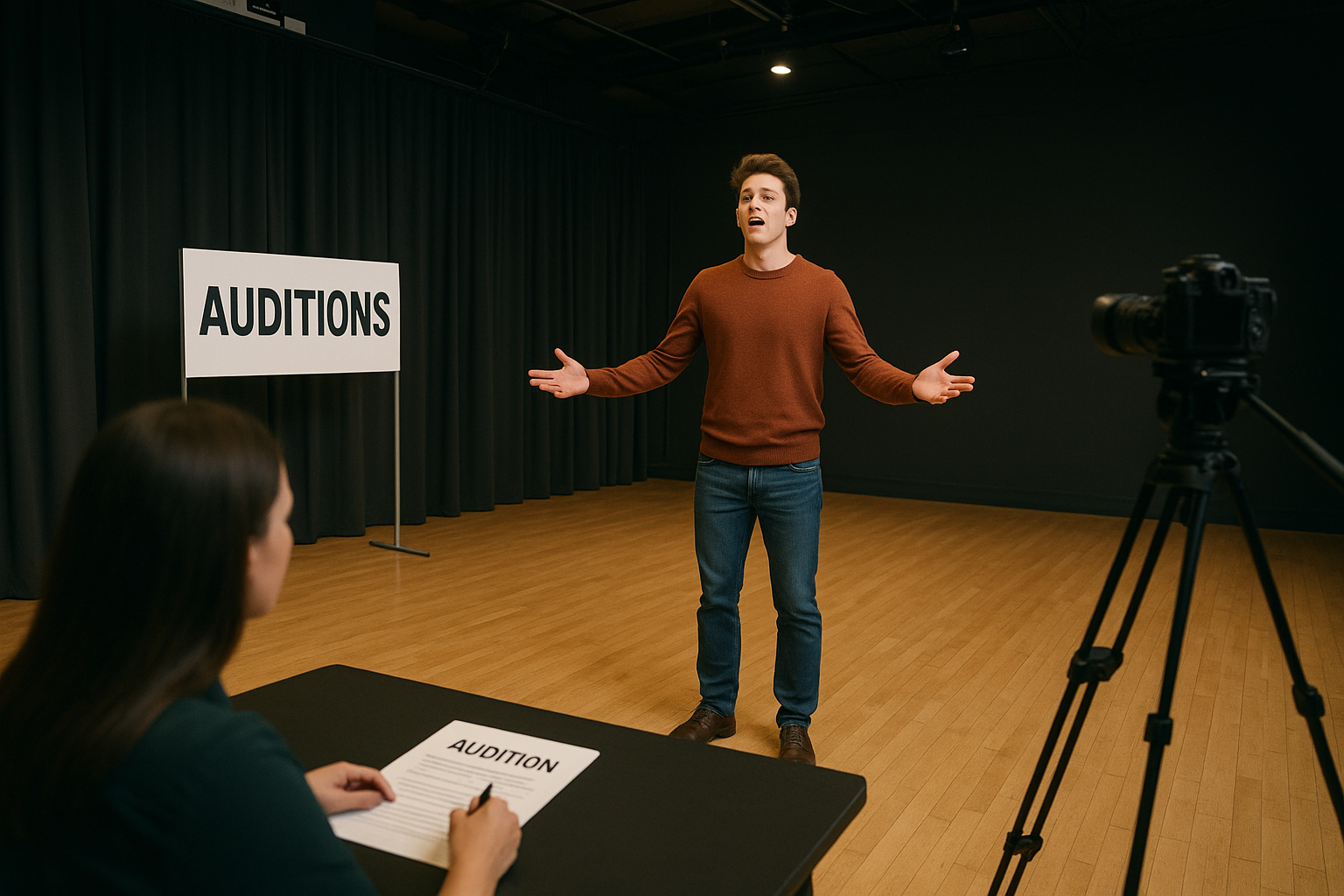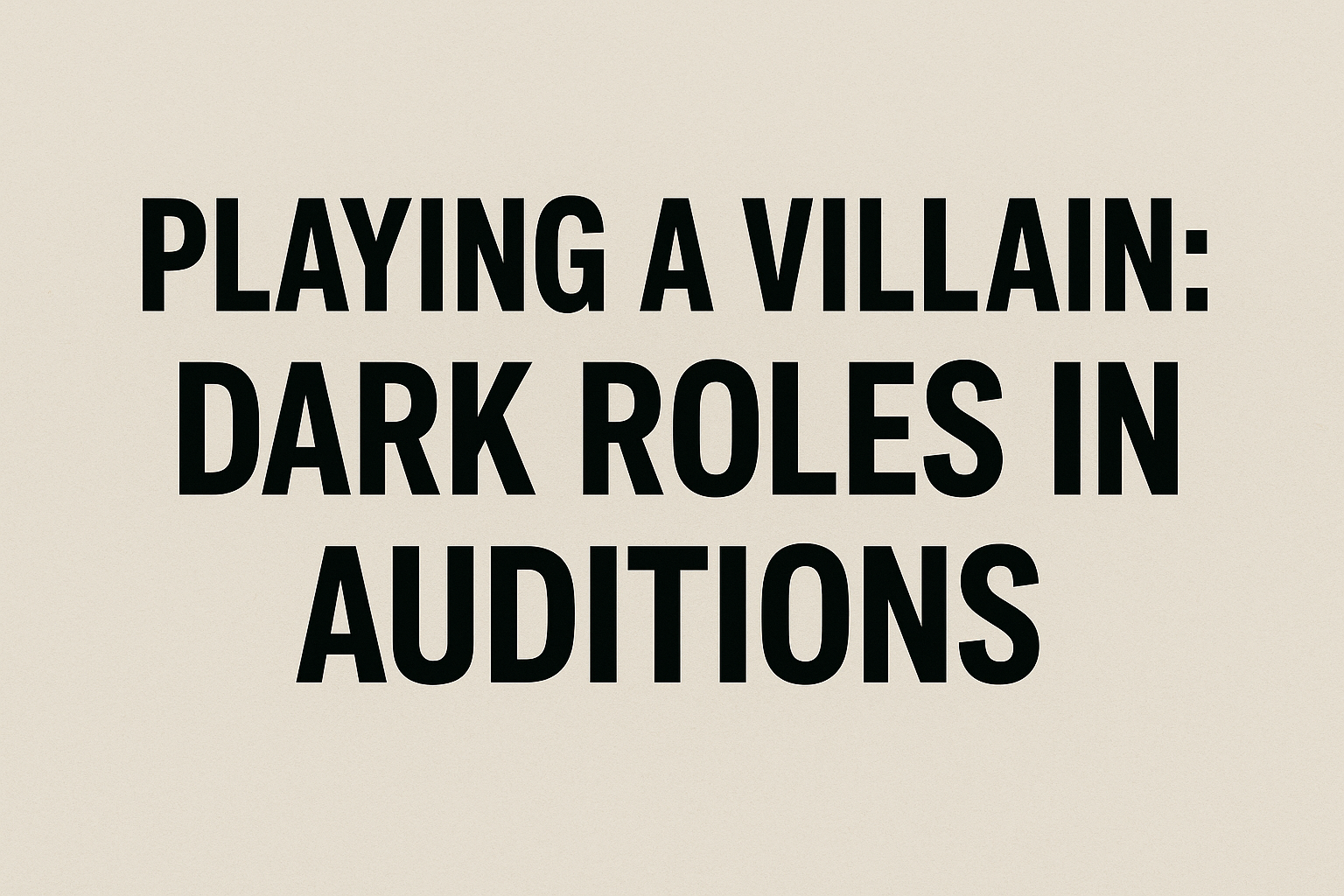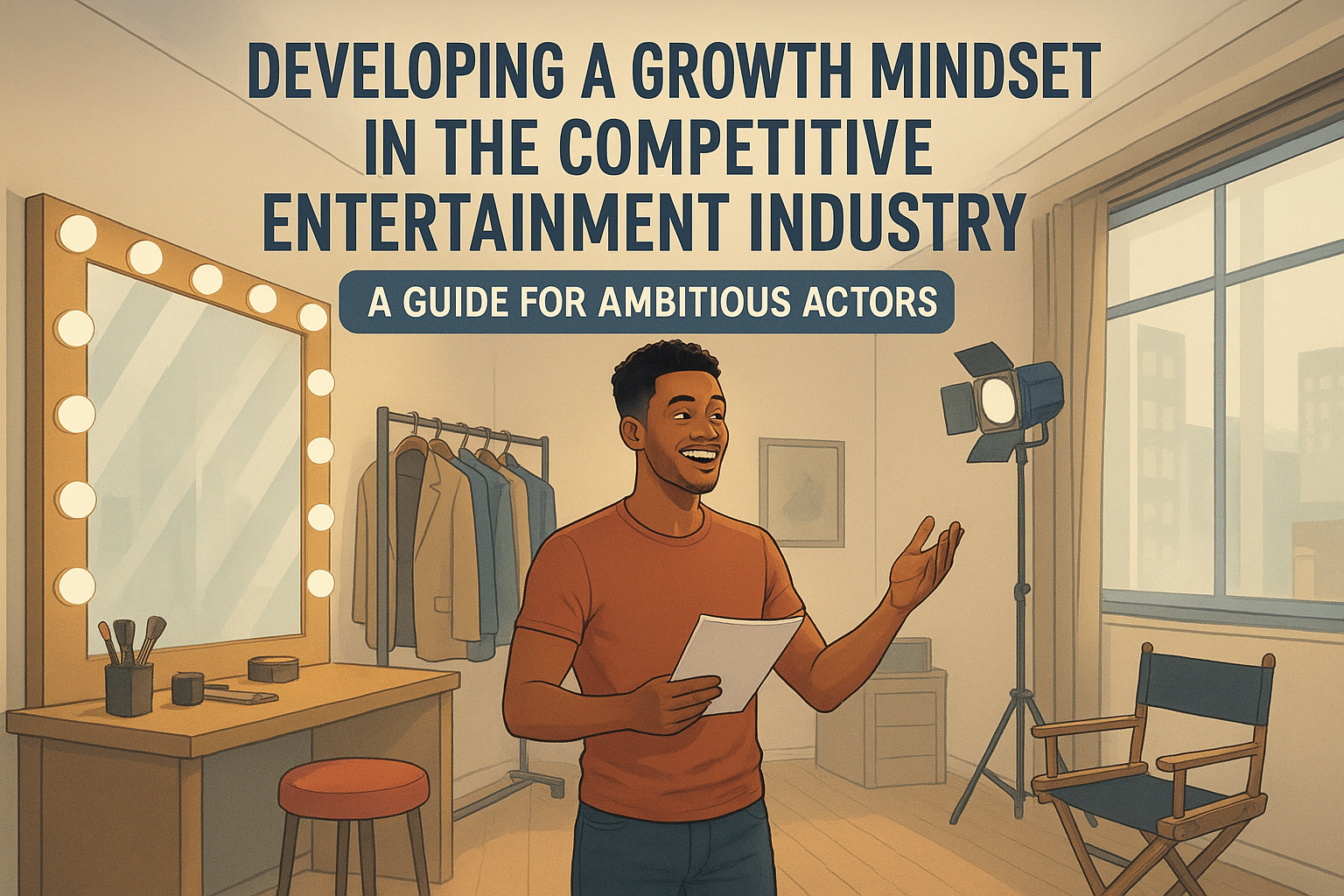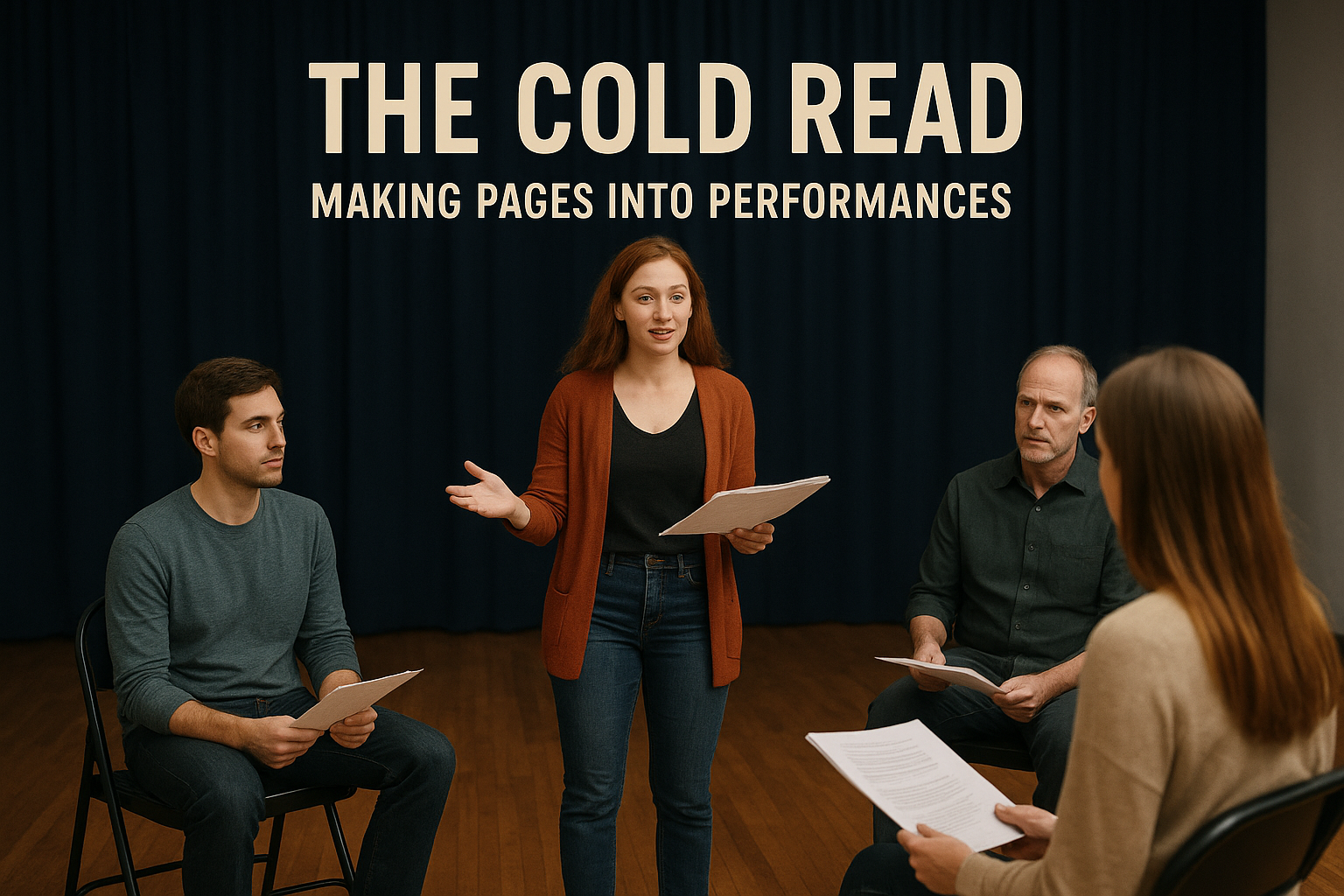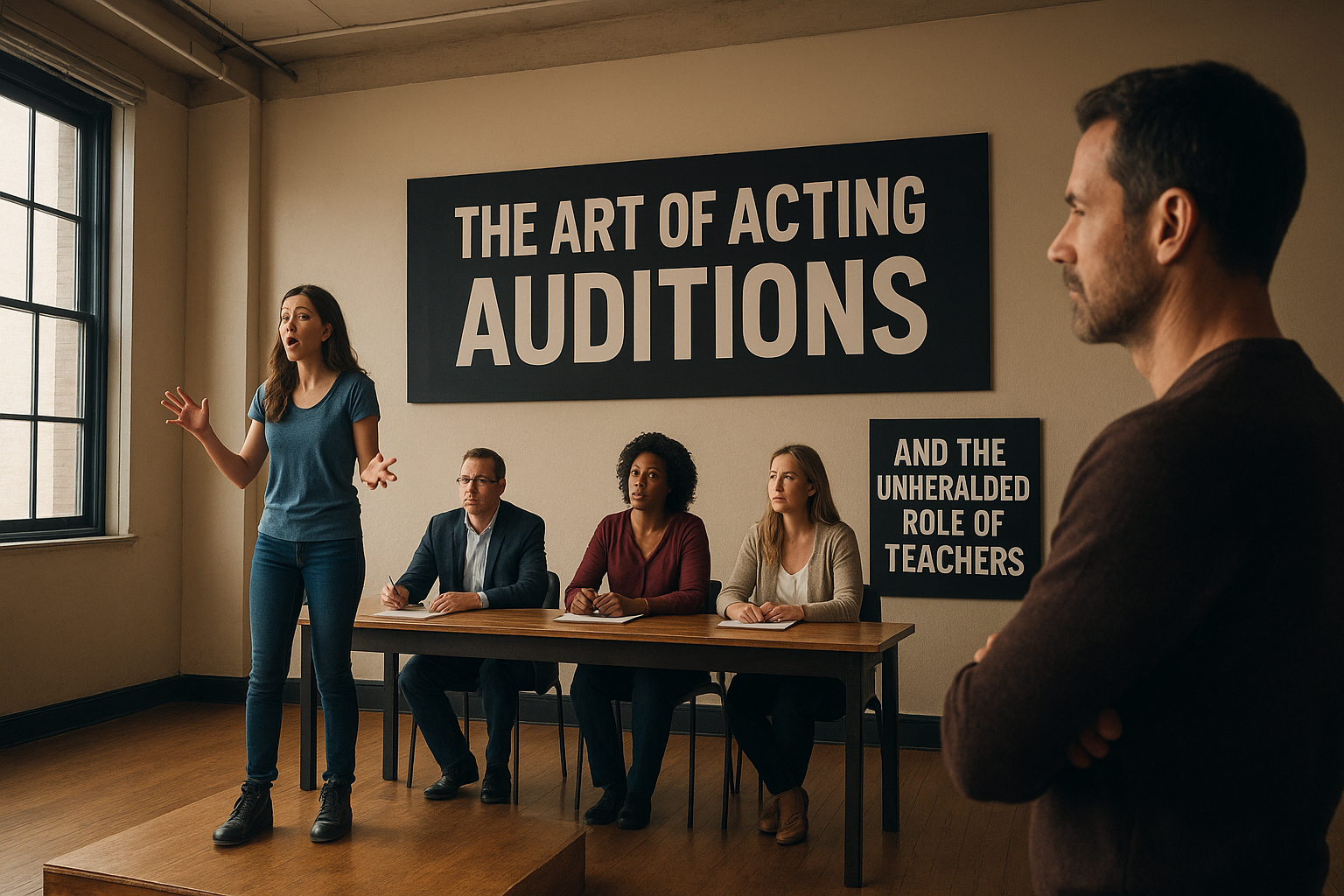
In showbiz, auditions for acting are the initial and most often essential step toward a dream. For aspiring actors, an audition is not simply reading lines or acting in front of a casting director—it's a moment of exposure, innovation, and bravery. But behind every assured performance are years of education, instruction, and mentoring. And on Teachers' Day, it is only appropriate that we acknowledge the unseen architects of every actor's journey—their teachers.
Auditions: The Key to Opportunity
An acting audition is the actor's battleground, boardroom, and theater stages combined. It's where dozens (sometimes hundreds) vie for a single part, dependant not only on their talent but on their readiness, personality, and presence.
Auditions vary in format—from cold reads and monologues to improvised scenes and screen tests. But the goal remains the same: to show a casting director or filmmaker that you are the best fit for a character. And that’s not easy.
Succeeding at an audition is not necessarily being the greatest actor in the room—it's being the right actor. That involves a great deal of skill, certainly, but also confidence, flexibility, and stage presence. And none of these things happen overnight. They are constructed, piece by piece, through training, mentoring, and instruction.
Preparation: Where the Teachers Come In
Whether through a traditional drama school or one ad-hoc workshop, acting instructors are the behind-the-scenes unsung heroes of stage and screen. They teach hopeful artists how to read character motivations, learn vocal craft, use their body expressively, and emotionally connect with an audience.
They learn discipline—the type that will make an actor rehearse a scene a hundred times before getting it just right. They learn humility—because rejection in acting is a frequent visitor. And above all, they learn resilience—the type that enables you to leave a failed audition, figure out what you did wrong, and return for the next one stronger.
As they prepare for auditions, actors use different types of training:
Voice modulation and diction classes
Body movement and stage presence
Script analysis and emotional depth
Improvisation and spontaneity
Confidence-building and audition techniques
And in every one of these disciplines, a teacher's role is central. They mold not only the artist, but the individual. They transform raw ambition into sophisticated performance.
Teachers' Day: A Tribute to the Unseen Mentors
Teachers' Day, India's September 5th celebration of the great Dr. Sarvepalli Radhakrishnan, is a day to thank those who illuminate the path of knowledge. And though we normally think in terms of school teachers, the day is important for guides in creative arts—particularly in acting, where emotional mentorship is as important as technical schooling.
In a profession characterized by auditions, rejection, and uncertainty, acting teachers are a constant source of calm. They assist their students in finding their individual talents and encourage them to lean into vulnerability—a necessity for being a good actor.
They give honest feedback when others will give only silence. They rehearse scenes late into the evening. They believe in a student long before the student believes in himself.
This Teachers' Day, actors—newcomers and old-timers alike—take the time to look back and express gratitude to those who made them what they are. For every successful audition has the intangible mark of a teacher who taught them to get to that point.
Real-Life Connections: Stars and Their Mentors
Several illustrious actors owe their success to their mentors:
Irrfan Khan used to talk at length about how his training at the National School of Drama influenced his acting method.
Naseeruddin Shah, a renowned actor and teacher himself, has guided numerous artists through schools like FTII and NSD.
Shah Rukh Khan owes it to his theatre days under the guidance of people like Barry John for laying the groundwork of his craft.
Alia Bhatt, too, a star kid in herself, went through intense acting training prior to her debut, and still learns from directors and gurus.
These anecdotes serve to remind us that even the gifted develop from teaching and guidance.
Aspiring Actors' Tips: Treat Auditions As a Student
In making it as a working actor, here's how adopting a learner's attitude—such as on Teachers' Day—can pay off:
1. Learn from Every Rejection
Every audition, successful or unsuccessful, is a learning experience. Replay your performance. Were you in a hurry? Did you engage emotionally? Listen to feedback as a gift—not a rebuke.
2. Practice, Practice, Practice
Talent is valuable, but honing it through practice makes it better. Practice in front of mirrors, friends, or trainers. Tape yourself. Obtain feedback. Tighten up.
3. Study the Craft Ongoing
Read plays, attend performances, participate in workshops. Studying never ends in acting. Be willing to play around with various genres and formats.
4. Seek out a Mentor or Coach
Having a teacher—even unofficially—can hone your craft profoundly. They can spot your blind spots and help you expand in ways you never imagined.
5. Be Curious and Remain Humble
Even the greatest actors go into every part as students. Remain curious. Be open to being wrong. That's where you grow.
A Tribute to the Teachers of the Arts
Acting is an art, and as all arts, it requires guidance. Auditions can appear to be one-person shows, but behind each engaging audition are the unseen efforts of countless teachers—voice trainers, drama coaches, directors, and mentors.
This Teachers' Day, let us pay tribute to those who do not merely teach dialogue, but mold lives. Those who remain in the shadows while their students perform on stage or screen. Those who motivate without cheers.
If you're a prospective actor stepping into an audition room, know you carry with you the knowledge of all the teachers who ever encouraged you. And if you have a mentor today who's kind enough to show you the way, spare a thought to thank them.
Because behind every brilliant performer stands a brilliant teacher.
Happy Teachers' Day to all mentors, coaches, and guides who put the world on a brighter stage.
Acting may be an art, but in the world of professional performance, it begins long before the cameras roll or the stage lights shine. It begins with the audition — the often nerve-wracking, unpredictable process that determines whether an actor even gets the chance to perform. For aspiring actors, understanding the relationship between auditioning and acting is not just important — it's essential. One feeds into the other, and together, they shape an actor’s growth, resilience, and ultimate success.
When it comes to acting, playing a villain is considered a challenge and a golden chance. Villains are multilayered, multi-dimensional, and probably the most remembered characters in a narrative. Be it old Bollywood films such as Gabbar Singh from Sholay or OTT villains such as Guruji from Sacred Games, dark roles determine an actor's fate. But auditioning for a villain is an altogether different. It needs a firm grasp of psychology, body language, and emotional regulation. If you're a newbie or a seasoned actor wanting to master your craft, this blog will walk you through all that you need to know on how to audition for villainous roles.
In the high-stakes, emotionally demanding world of acting, rejection is frequent, uncertainty is constant, and comparison can feel unavoidable. The entertainment industry is as competitive as it gets—and in such an environment, your mindset can make or break your journey. While talent, networking, and luck all play their part, there's one internal tool that can drastically shift your trajectory: a growth mindset.
There is a moment every actor fears: the casting director places a script in your hands you've never laid eyes on before and says, "Take a minute, and when you're ready, we'll begin. Welcome to the cold read — perhaps the most unpredictable, yet vital portion of an actor's career. Whether you're auditioning for theater, television, or voiceover, cold reading is the skill that can break or make your chance at a role. But the good news is this: like every other craft, it can be practiced, honed, and eventually mastered. In this post, we will analyze what cold reading actually is, why it's important, and how you can transform a cold script into a warm, breathing performance.
Lights Camera Audition!
Don't miss out on the latest updates, audition calls, and exclusive tips to elevate your talent. Subscribe to our newsletter and stay inspired on your journey to success!
